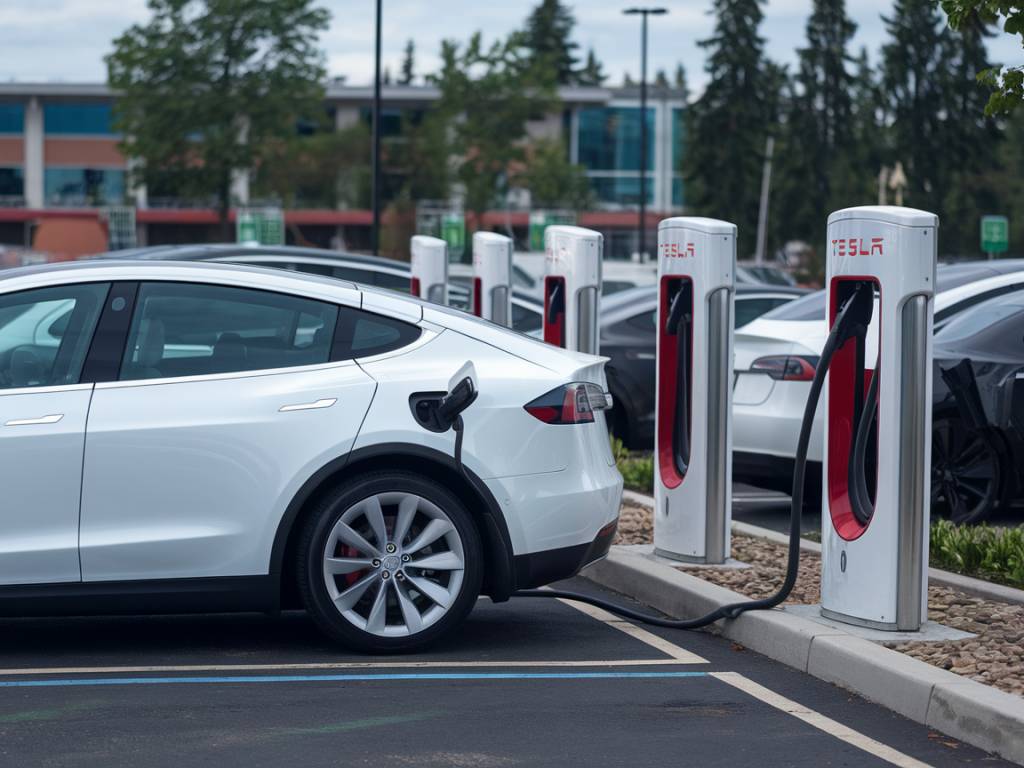The proliferation of Electric Vehicles (EVs) in the United States has been nothing short of revolutionary. As consumers increasingly gravitate towards greener options, the auto industry has been upended, and significant impacts have been felt across various sectors, notably the oil industry. This article delves deeply into the impact of EVs on the U.S. oil industry, drawing on recent data, market trends, and industry analysis to paint a comprehensive picture.
The Rising Popularity of Electric Vehicles
The rise of EVs can be attributed to several factors. Key among them is the growing awareness of environmental issues and the need to reduce carbon emissions. Government incentives, improved battery technology, and the expanding infrastructure for EV charging stations have also contributed significantly to the surge in EV adoption. This shift has increasingly posed a challenge to the traditional dominance of internal combustion engine (ICE) vehicles, which rely heavily on oil.
Data from the International Energy Agency (IEA) shows that the global EV fleet surpassed 10 million units in 2020, with the United States accounting for a substantial portion of the market. The Biden administration’s push for a transition to cleaner energy has only accelerated this growth trajectory, promising to make the U.S. one of the leading markets for EVs worldwide.
Direct Impact on Oil Demand
One of the most immediate consequences of the rise in EV adoption is the reduction in oil demand. With EVs operating entirely on electricity, the need for gasoline and diesel reduces correspondingly. A report by BloombergNEF estimates that by 2040, EVs could displace oil demand by as much as 17.6 million barrels per day globally—an impact that will likely be significantly felt in the U.S. market.
The reduced oil demand has far-reaching implications. Oil companies, which have traditionally enjoyed steady demand from the transportation sector, are facing a paradigm shift. Companies such as ExxonMobil, Chevron, and other oil giants are now being compelled to reconsider their long-term strategies, exploring diversification into renewable energy and other sectors.
Economic Implications for the Oil Industry
Beyond the direct impact on oil consumption, the rise of EVs has several broader economic implications for the oil industry:
Geopolitical Ramifications
The U.S. oil industry has long influenced global geopolitics. As one of the largest producers of oil, the United States has had substantial sway in international energy markets. However, the shift towards EVs and renewable energy sources is poised to alter this dynamic.
Oil-dependent economies that export to the U.S. may find their revenue streams shrinking, prompting shifts in the global economic balance. Simultaneously, the U.S. might find itself less entangled in Middle Eastern geopolitics, traditionally influenced by oil interests.
Adapting to the New Normal
For the oil industry to maintain its relevance, adaptation is critical. Several strategies are being employed:
The Role of Government Policy
Government policies have been pivotal in shaping the trajectory of EV adoption, and by extension, impacting the oil industry. The introduction of stringent emissions standards, subsidies for EV purchases, and investments in EV infrastructure all encourage the shift towards electric mobility.
The Biden administration has been particularly aggressive in promoting green energy. Initiatives such as the « Build Back Better » plan propose significant investments in EV infrastructure and renewable energy. Such policies are likely to further diminish oil demand, compelling the oil industry to accelerate its transformation.
The Road Ahead
The rise of EVs marks a critical juncture in the history of both the automotive and oil industries. While the oil industry faces undeniable challenges, the path to adaptation and evolution is apparent. Diversification into renewable energy, technological innovation, and strategic realignments are essential for navigating this transition.
Consumers and investors alike play a crucial role in this evolution. Increased consumer demand for EVs, combined with strategic financial investments in green technologies, will guide the market in the coming decades.
For those in the oil industry, this period of transformation offers not just challenges but also opportunities. Embracing change and sustainability can facilitate a new era of growth and stability, ensuring that they remain relevant in an increasingly electric world.

